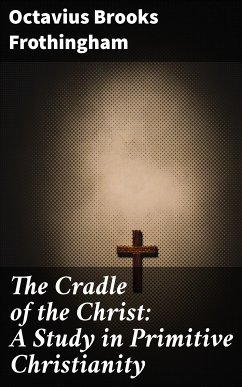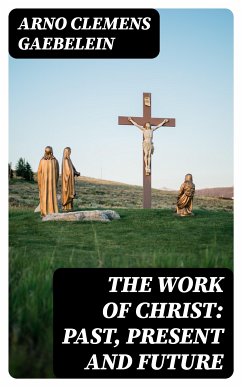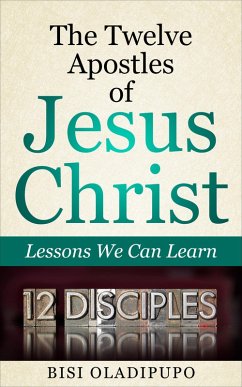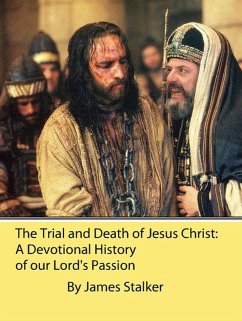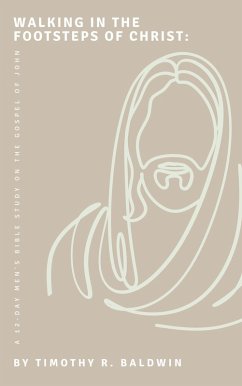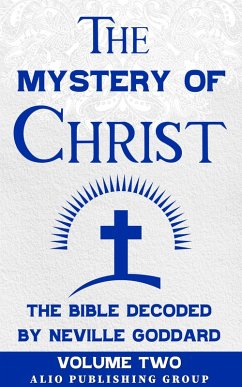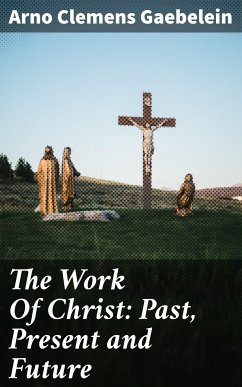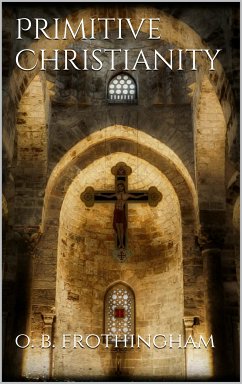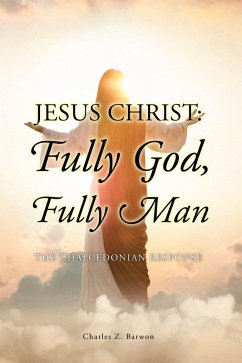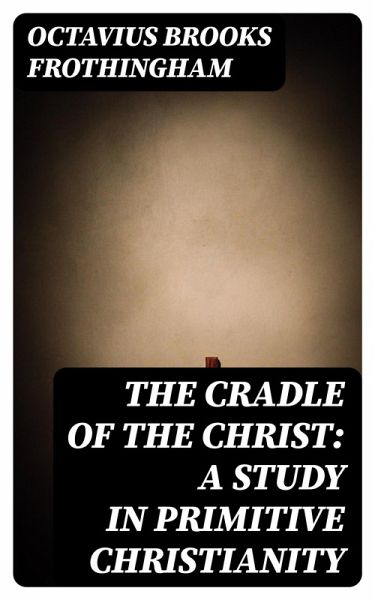
The Cradle of the Christ: A Study in Primitive Christianity (eBook, ePUB)

PAYBACK Punkte
0 °P sammeln!
In "The Cradle of the Christ: A Study in Primitive Christianity," Octavius Brooks Frothingham delves into the formative years of Christianity, exploring its roots and the socio-historical contexts that shaped its emergence. Through a meticulous examination of early Christian texts and traditions, Frothingham employs a narrative style rich in literary and theological insight. He situates his work within the broader framework of 19th-century religious thought, contrasting evolving doctrinal beliefs with the nascent, often radical, interpretations of Jesus' teachings. His scholarly approach inter...
In "The Cradle of the Christ: A Study in Primitive Christianity," Octavius Brooks Frothingham delves into the formative years of Christianity, exploring its roots and the socio-historical contexts that shaped its emergence. Through a meticulous examination of early Christian texts and traditions, Frothingham employs a narrative style rich in literary and theological insight. He situates his work within the broader framework of 19th-century religious thought, contrasting evolving doctrinal beliefs with the nascent, often radical, interpretations of Jesus' teachings. His scholarly approach intertwines historical analysis with philosophical reflection, making the text both informative and reflective of the intellectual currents of his time. Frothingham, a prominent Unitarian minister and historian, was deeply immersed in the religious debates of his era, which were influenced by Enlightenment thinking and historical criticism. His background and education fostered a keen interest in understanding Christianity through a lens that appreciated its historical development. This contextual awareness, coupled with his advocacy for religious tolerance and inquiry, undoubtedly informed his desire to portray Christianity's early form as dynamic and evolving rather than static and dogmatic. "The Cradle of the Christ" is highly recommended for scholars, theologians, and lay readers alike who wish to engage thoughtfully with the origins of Christianity. Frothingham's nuanced exploration invites readers to reconsider the foundations of Christian belief while providing a compelling narrative that transcends its historical context, encouraging an ongoing dialogue about faith and interpretation.
Dieser Download kann aus rechtlichen Gründen nur mit Rechnungsadresse in A, B, BG, CY, CZ, D, DK, EW, E, FIN, F, GR, H, IRL, I, LT, L, LR, M, NL, PL, P, R, S, SLO, SK ausgeliefert werden.




